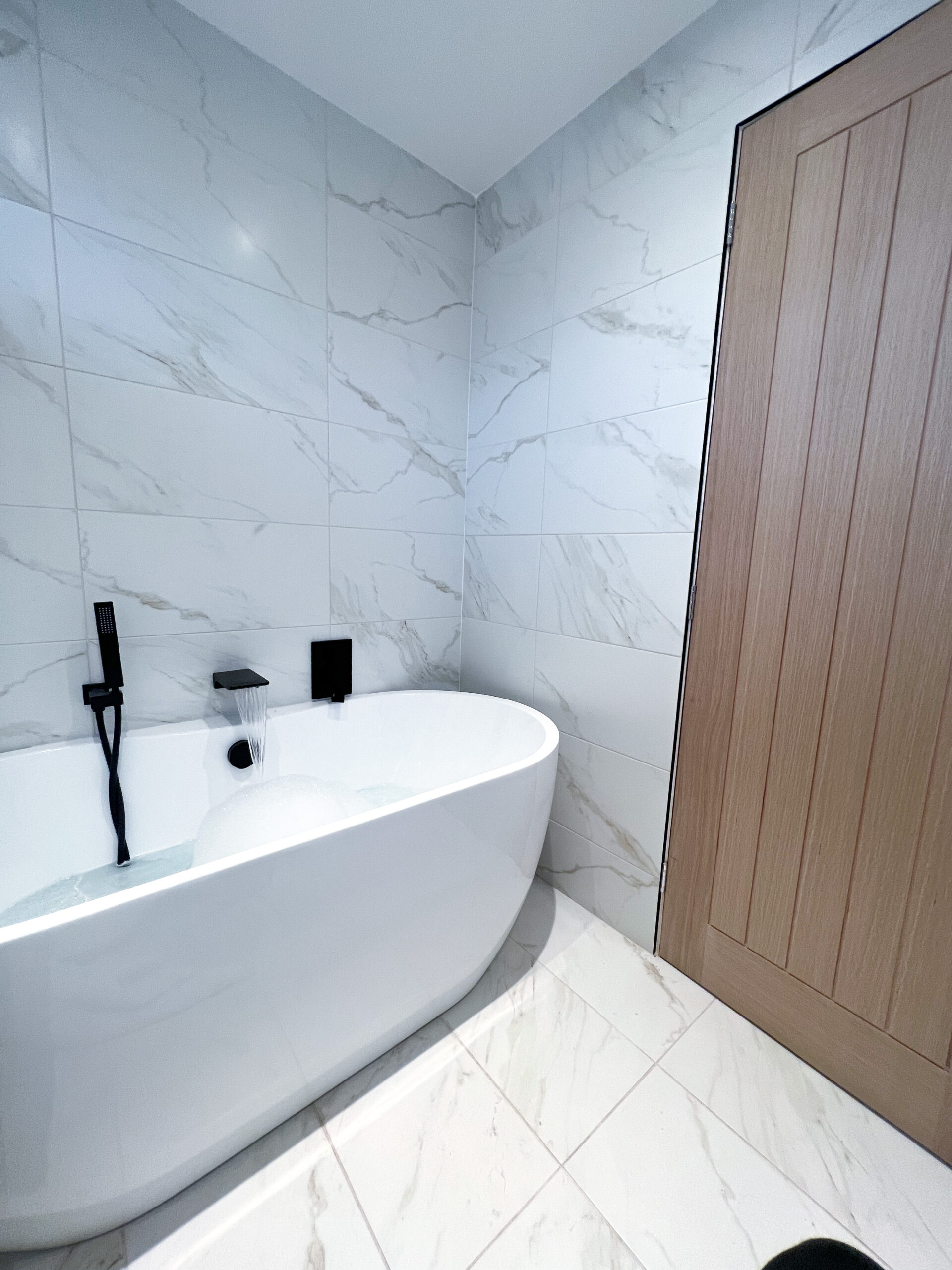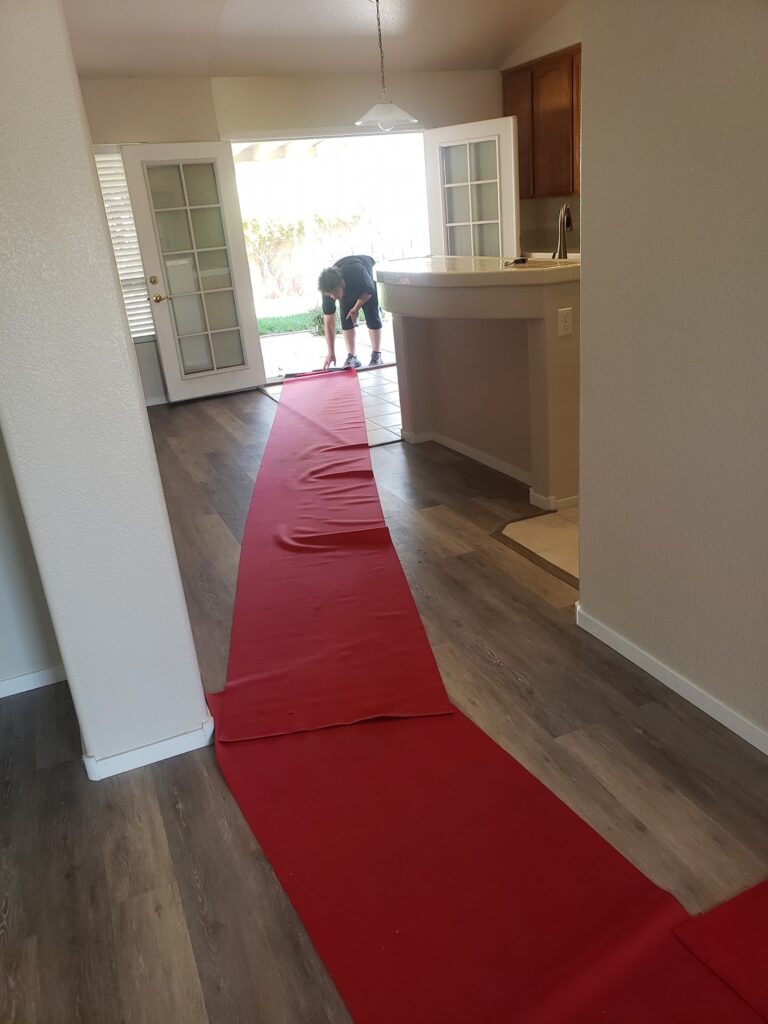10 Essential Tips for Renovating Your First Home Solo
Renovating your first home can be both an exciting and daunting experience, especially if you’re going solo. From navigating design decisions to balancing a budget, there’s a lot to consider. But with careful planning, determination, and some expert guidance, you can transform your space into the home of your dreams. Here are 10 essential tips to help you get started on renovating your first home solo.
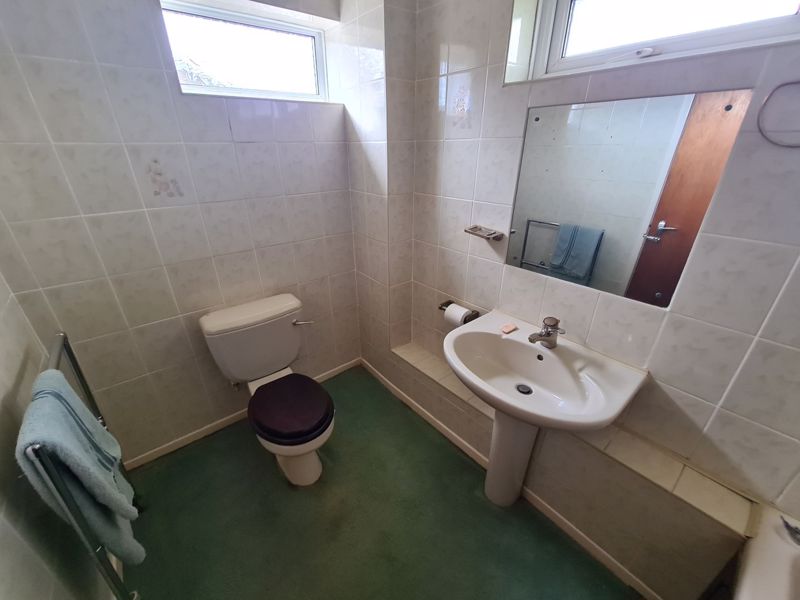
10 Essential Tips for Renovating Your First Home Solo
1. Plan and Prioritise Your Projects
The first step in any renovation is to establish a plan. Make a list of the areas you want to focus on and decide which are your top priorities. Do you want to start with cosmetic changes like painting, or are you planning to tackle major renovations like remodelling the kitchen or bathroom? Once you have a clear vision, break the project down into manageable tasks. Prioritising your projects will help you stay on track and avoid getting overwhelmed.
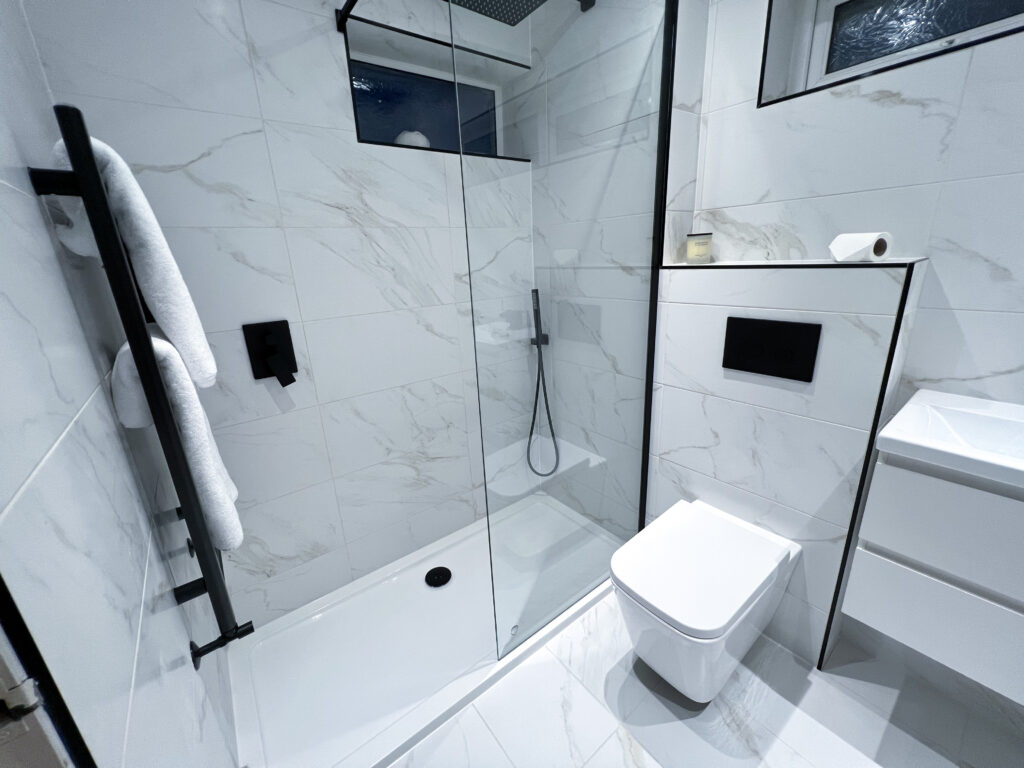
2. Set a Realistic Budget
Renovating solo means you’ll be in charge of the finances, so it’s important to set a realistic budget early on. Start by researching the cost of materials, labour (if needed), and unexpected expenses. Be sure to set aside a contingency fund, typically 10-20% of your budget, to cover any surprises along the way. Keeping track of your spending will prevent your renovation costs from spiralling out of control.
3. Focus on One Room at a Time
It can be tempting to try and tackle everything at once, but focusing on one room at a time will keep the project more manageable. By completing one space before moving on to the next, you’ll feel a sense of accomplishment and avoid turning your home into a construction zone. For example, if you’re renovating a kitchen, prioritise this area before moving on to something like the bedroom or living room.
4. Learn Basic DIY Skills
As you embark on your solo renovation journey, it’s important to learn some basic DIY skills. Whether it’s painting walls, hanging shelves, or tiling, learning how to do things yourself can save you money and give you a sense of pride in your work. There are plenty of online tutorials and guides available to help you pick up new skills. Plus, taking on smaller DIY projects can help boost your confidence before tackling more complex tasks.
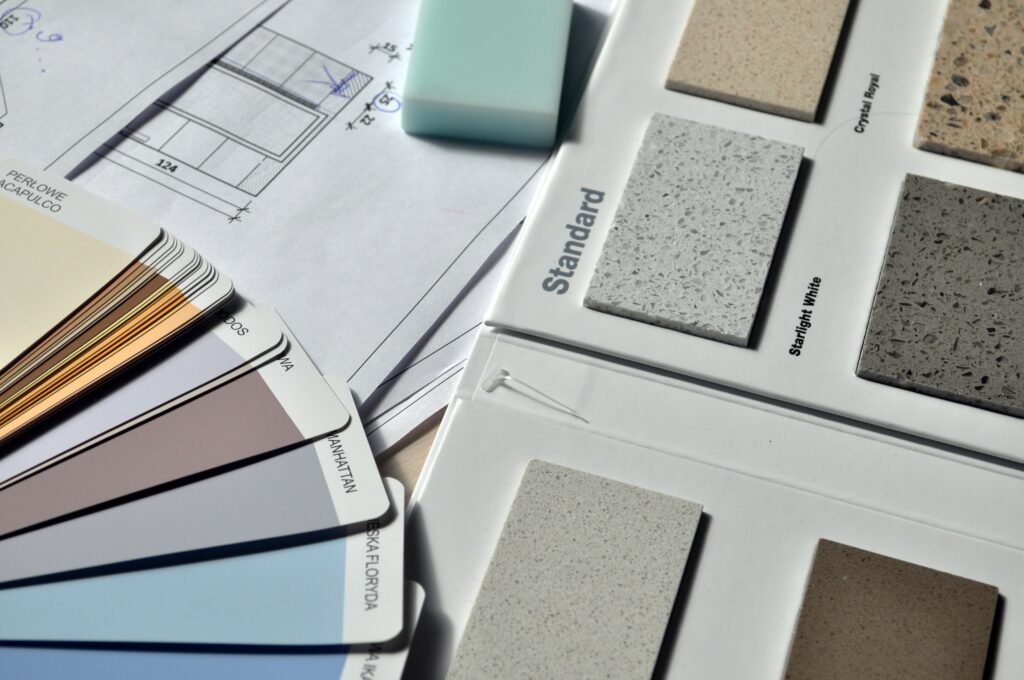
5. Invest in Quality Tools
Having the right tools is essential when renovating your first home. While you may not need to buy every tool under the sun, it’s worth investing in a good set of basics like a cordless drill, tape measure, level, hammer, and a selection of screwdrivers. Quality tools will last you through the renovation process and beyond, making future DIY projects easier and more enjoyable.
6. Don’t Be Afraid to Call in the Pros
While tackling the renovation solo is empowering, there are certain projects that require professional expertise. For example, if you need to install electrical wiring, plumbing, or structural work, it’s safer to hire a qualified contractor. Don’t hesitate to seek help for tasks that are outside your skill set, it will save you from costly mistakes in the long run.
7. Research Sustainable and Energy Efficient Options
When renovating, it’s important to consider sustainability and energy efficiency. Not only will this help reduce your environmental footprint, but it can also save you money in the long term. Look for energy-efficient windows, insulation, and appliances that will lower your utility bills. You can also incorporate eco-friendly materials like bamboo flooring or recycled glass countertops to add style and sustainability to your home.
8. Get Inspiration, But Make It Your Own
While it’s great to browse Pinterest, Instagram, and home renovation shows for inspiration, remember to make your renovation personal. Your home should reflect your own style and preferences, so don’t be afraid to think outside the box. Whether it’s adding a bold accent wall, vintage furniture, or a collection of art pieces, these personal touches will make your home feel uniquely yours.

9. Declutter and Stay Organised
Renovations often create a lot of mess and clutter, especially when working solo. To prevent things from getting too chaotic, take time to declutter your space before you start. Removing unnecessary items will give you more room to work and help you stay organised. Keep tools, materials, and important documents in designated areas so you can easily access them throughout the renovation.
10. Be Patient and Flexible
Lastly, remember that renovating solo takes time, patience, and flexibility. Things may not always go as planned, and delays or unexpected issues can arise. It’s important to stay calm and adaptable when challenges come your way. Take breaks when needed, and don’t rush through the process. Renovating your home is a journey, and it’s important to enjoy the experience and take pride in the progress you’re making.
Renovating your first home solo is a big challenge, but it’s also an incredibly rewarding experience. By planning carefully, learning new skills, and being patient, you can create a beautiful, functional space that reflects your personality. Remember to seek help when necessary, keep your goals in sight, and most importantly, enjoy the process of turning your house into a home. Good luck!

